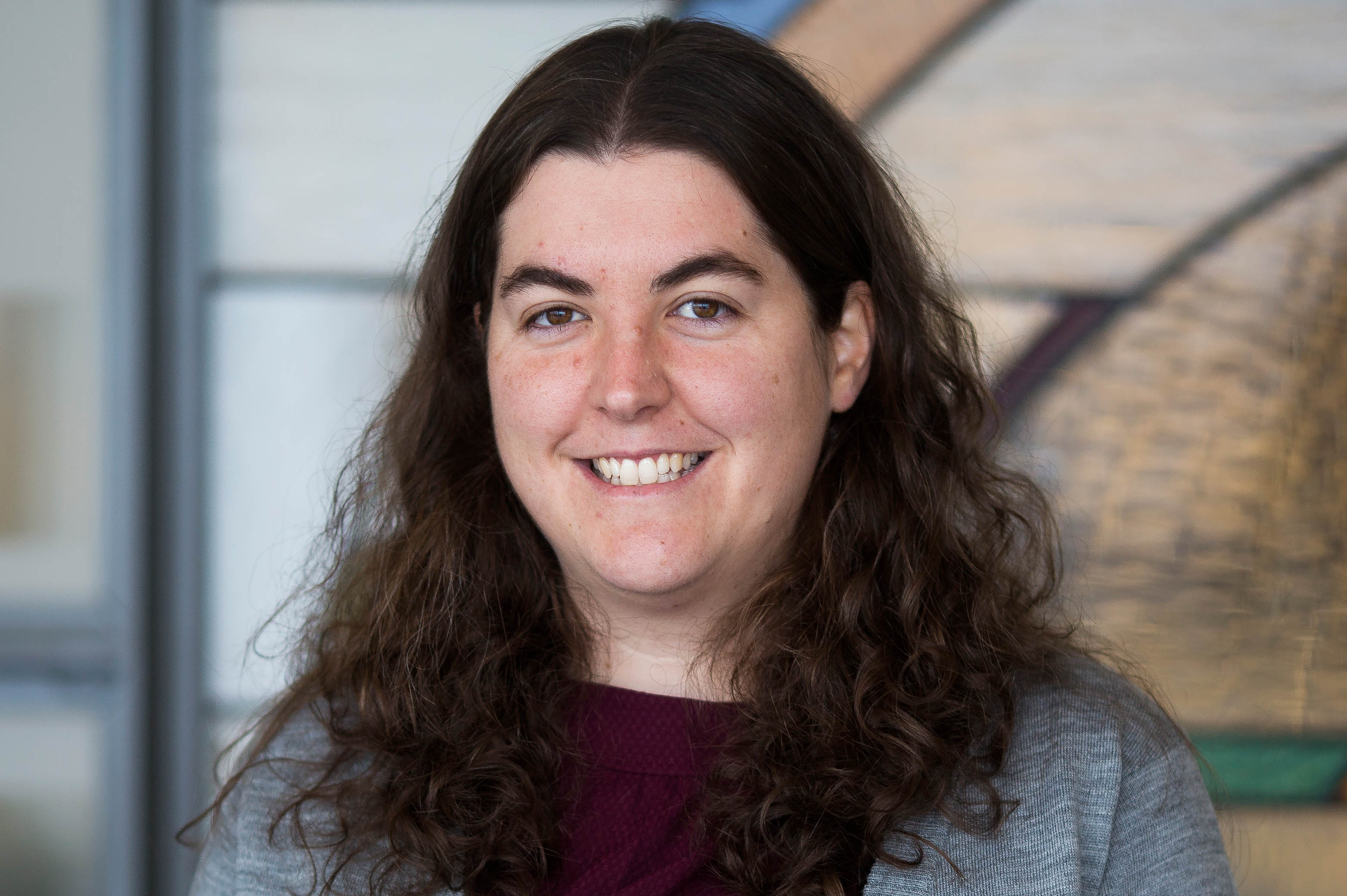The National Academy of Engineering invites Prof. Johanna Mathieu to symposium to advance the engineering frontier
The symposium brings together 82 young engineers from different technical areas from around the country.

 Enlarge
Enlarge
Prof. Johanna Mathieu is one of 82 young engineers nationwide to be invited to participate in the National Academy of Engineering’s 2019 U.S. Frontiers of Engineering Symposium, and the only individual from the University of Michigan.
“The USFOE symposium is a one-of-a-kind event that brings together bright young engineers from different technical areas to spark innovative ideas and to facilitate, what often turn out to be, career-long collaborations,” said NAE President C. D. Mote, Jr. “When you foster a creative space for engineers to collaborate and work together, experience shows that the possibilities are endless.”
Mathieu’s research focuses on ways to reduce the environmental impact, cost, and inefficiency of electric power systems via new operational and control strategies. She is particularly interested in developing new methods to actively engage distributed flexible resources such as energy storage, electric loads, and distributed renewable resources in power system operation.
Mathieu joined the University of Michigan in 2014 from ETH Zurich, where she was a postdoctoral researcher in the Power Systems Laboratory. She received the Ernest and Bettine Kuh Distinguished Faculty Award from the department in 2018, and a 2019 NSF CAREER Award.
The Symposium will take place in North Charleston, South Carolina, September 25-27. This year, the areas of focus are: Advanced Manufacturing in the Age of Digital Transformation; Engineering the Genome; Self-Driving Cars: Technology and Ethics; and Blockchain Technology.
The participants, nominated by fellow engineers or organizations, come from industry, academia, and government.
 MENU
MENU 
